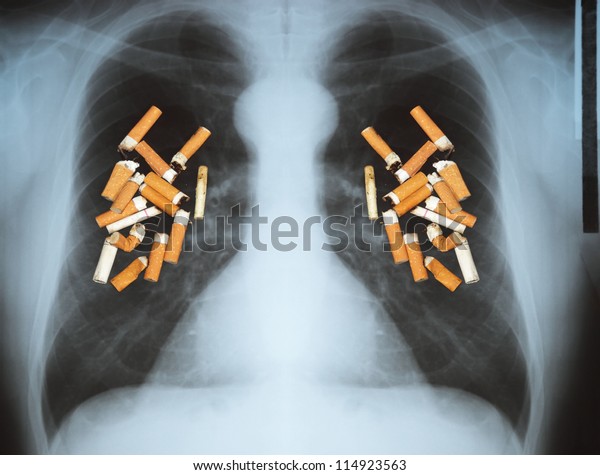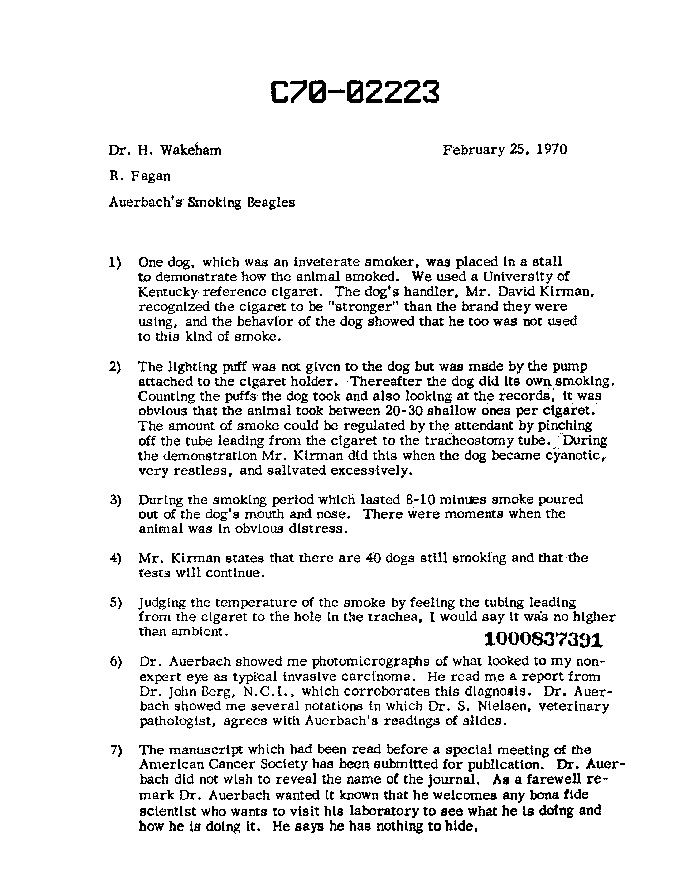

It has been shown that secondhand smoke is associated with an increased incidence of lung cancer in people.ĭan shook his head and waved one hand in dismissal. If not for himself-at least for Lilly.” Lilly was their new spaniel puppy, and Dan’s wife was concerned the puppy would be affected by secondhand smoke from her husband’s cigarettes. When I got there she told me in a rather worried voice, “You have to help me convince Dan that he should stop smoking. Barnabas Medical Center in Livingston, New Jersey.I was walking across the campus of the university where I teach when I saw one of my colleagues sitting on a bench next to his wife. His studies were cited prominently in the 1964 Surgeon General's report on smoking, taking the evidence against smoking beyond statistical studies.Ī resident of the Short Hills section of Millburn, New Jersey, Auerbach died at the age of 92 on January 15, 1997, at St. He also taught medicine at New York Medical College for 12 years and New Jersey Medical School for about 30 years.Īuerbach studied the link between smoking and cancer, and was called a "tireless" researcher. Beginning in 1952, he worked for the Veterans Administration, holding the *le senior medical investigator at his death. CareerĪuerbach worked at Staten Island's Sea View Hospital and Halloran Hospital in the 1930s and 1940s. He later studied pathology in Vienna, where he met his wife. He entered New York University based on exams, then left without a degree to enter New York Medical College, receiving his MD in 1929.

He attended Staten Island Academy but never completed high school or college. He was the first child of European Jewish immigrants, Max and Jennie Auerbach. Early life and educationĪuerbach was born in Manhattan, New York City. Oscar Auerbach (Janu– January 15, 1997) was an American pathologist and medical educator who significantly helped tie cigarette smoking to cancer.


 0 kommentar(er)
0 kommentar(er)
